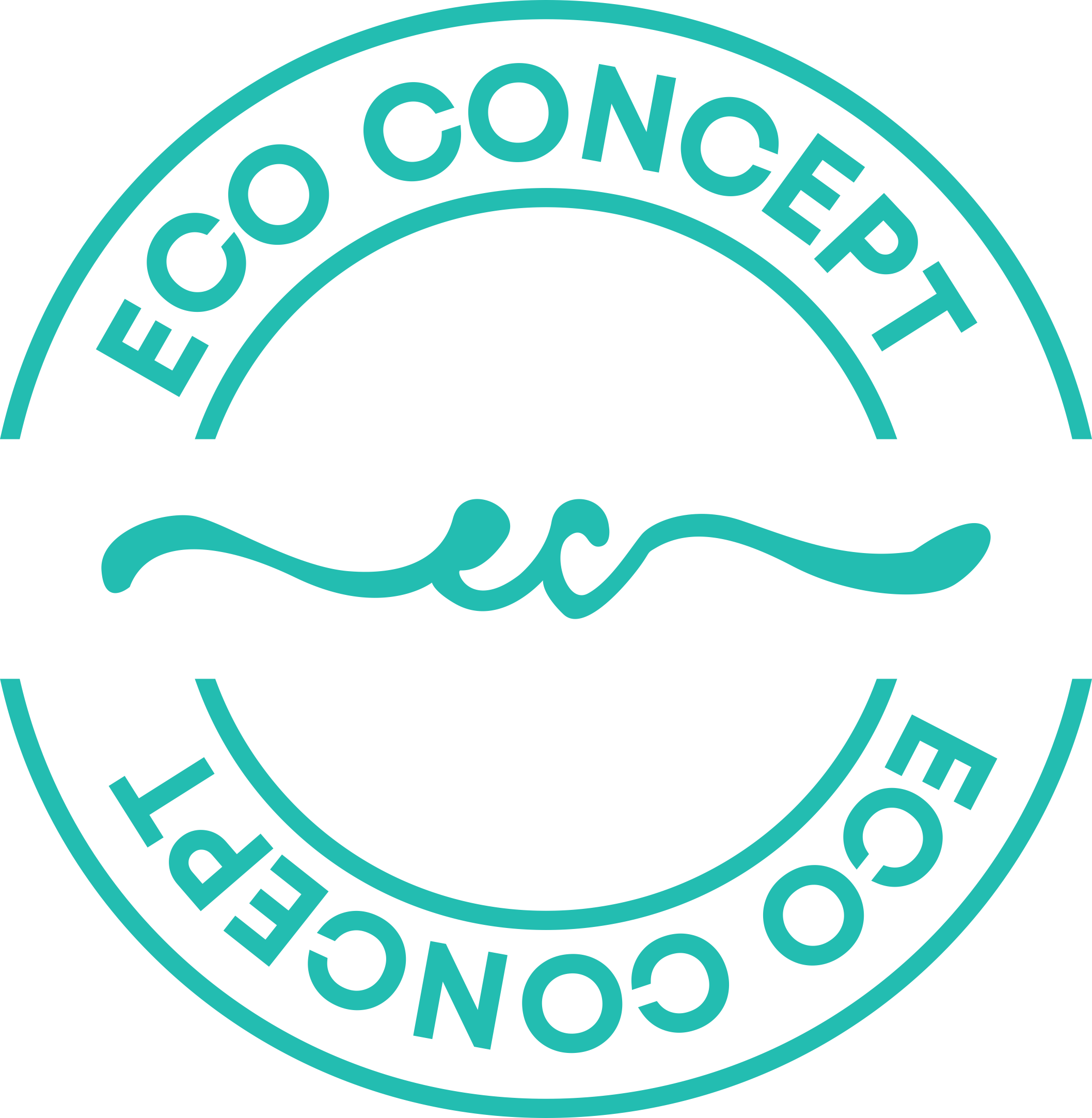Introduction:
In their unwavering commitment to environmental responsibility, organizations are strategically honing in on seven crucial areas to lessen their environmental impact and contribute to a more sustainable future. This blog explores initiatives crafted to propel organizations into leadership roles in sustainable business practices.
Achieving Net Zero Operational Emissions:
Organizations actively pursue the goal of attaining net-zero operational emissions. Through collaborations with experts, comprehensive audits, and investments in in-house research and development, companies are dedicated to enhancing operational efficiency and reducing the environmental footprint of their products.
Powering Growth with Renewable Energy:
To mitigate potential emissions linked to future expansions, organizations plan to meet the electricity requirements of their expansion projects with renewable energy sources. This forward-thinking approach aligns with the commitment to curb emission growth and shift towards a net-zero perspective.
Integrating Greener Fuels into the Product Mix:
Recognizing the pivotal role their products play in various industries, organizations are actively championing greener alternatives. Initiatives to transition into Integrated Energy Solutions Companies contribute to a substantial reduction in the carbon footprint.
Investment in Low Carbon Energy Technology and Collaborations:
Organizations are making significant strides in investing in low carbon energy technologies. Initiatives in green hydrogen, CCUS, alternate energy, electric vehicles (EV), and startup tech solutions are expanding through strategic partnerships and ongoing research and development.
Partnering with Value Chain Collaborators for Emission Reduction:
Acknowledging the significance of responsible practices throughout the value chain, organizations actively collaborate with partners to enhance efficiencies and implement greener practices. This commitment ensures a comprehensive approach to reducing emissions across the entire network.
Aligning Employee Skills with Environmental Goals:
Recognizing that achieving net-zero requires a transformation and mobilization of human resources, organizations are investing in employee training, technology exposure, and cross-functional team building. These measures are crucial for establishing the systems and expertise needed to achieve ambitious net-zero targets.
Establishing Leadership in Sustainable Practices:
As key players in various industries, organizations consider sustainable business practices crucial for competitiveness. By developing competencies and experience in environmental sustainability, companies aim to position themselves as leaders, both in the market and in society.
Conclusion:
These seven strategic focus areas underscore organizations’ dedication to environmental stewardship. By implementing these initiatives, organizations not only reduce their carbon footprint but also position themselves as pioneers in the journey towards a more sustainable and eco-friendly future. Explore how these transformative strategies are shaping a greener landscape across diverse industries




